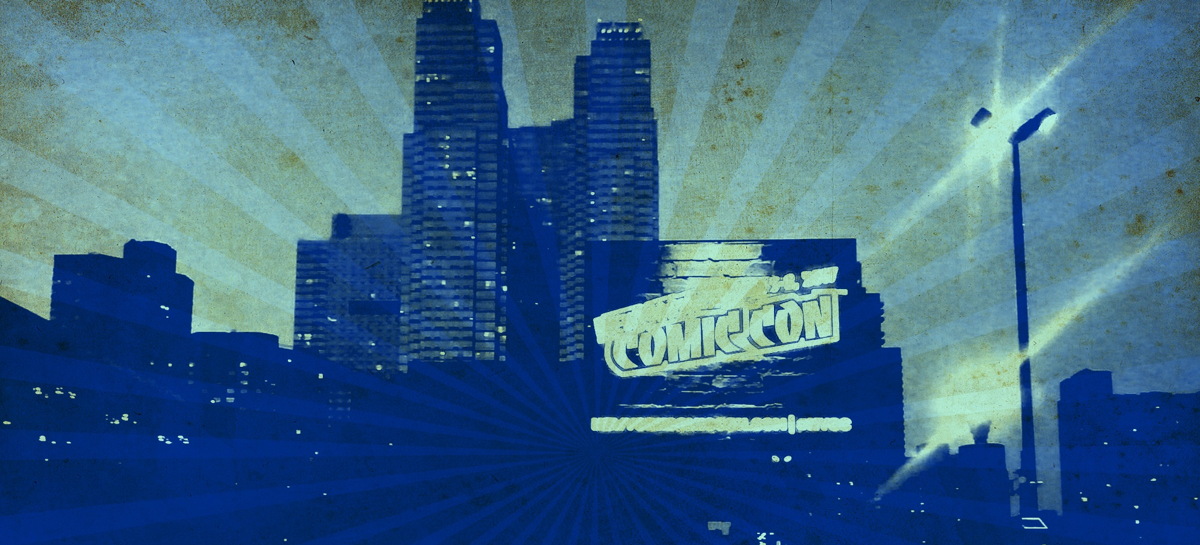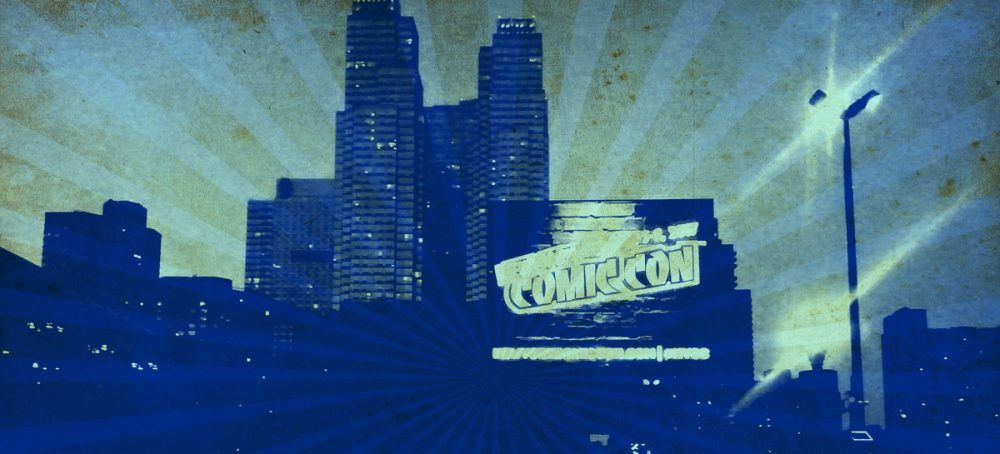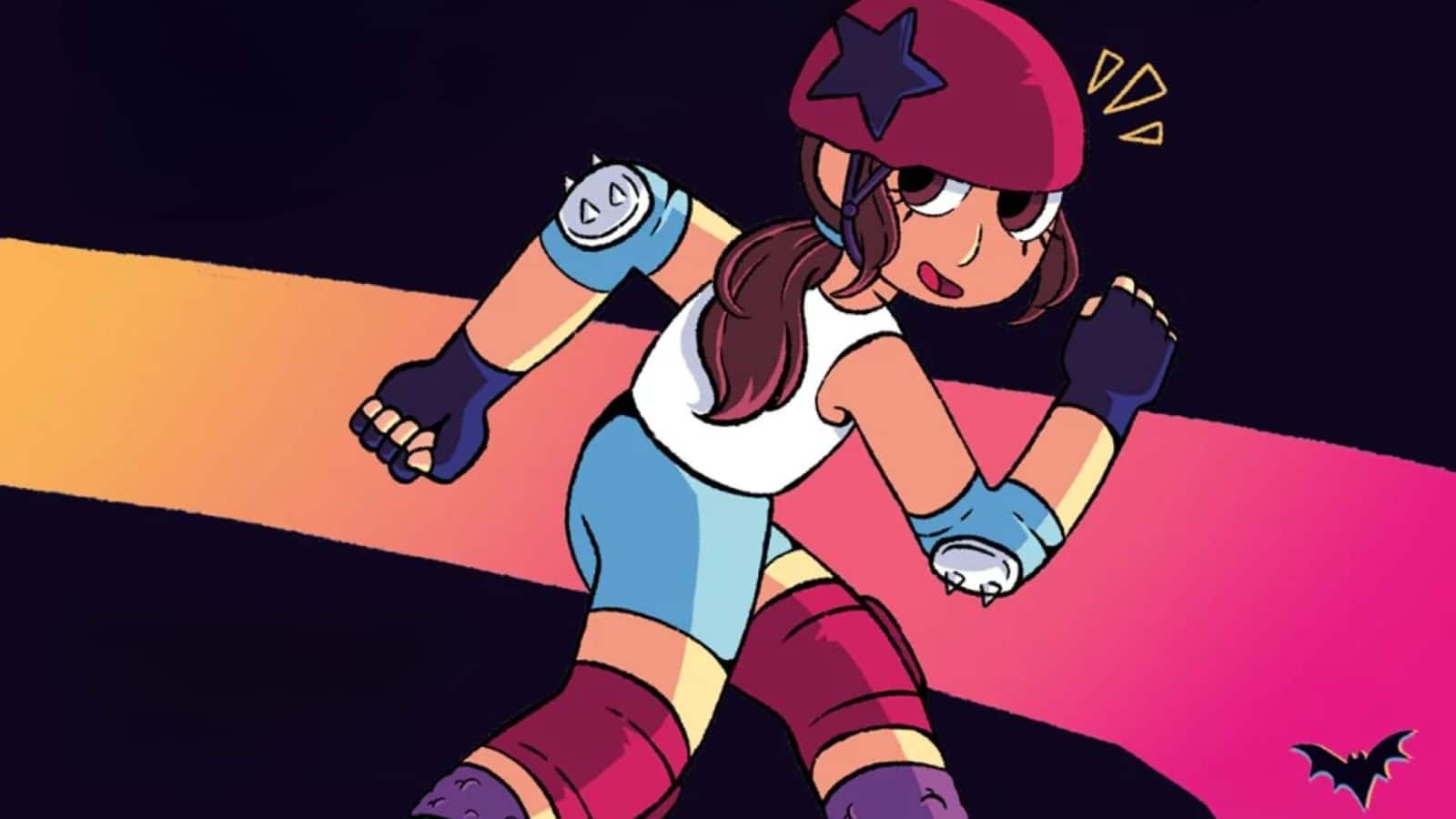By Amanda Steele
As a woman, and a queer woman at that, I’m always interested in how accepting and welcoming nerd spaces are towards people of color and women, or basically anyone who isn’t a white straight man. New York Comic Con has done a good job of having panels and content focused specifically on women, people of color, and queer people.
They even have a room set aside as an LGBT+ lounge. I did check it out. While it’s nice that they have designated space, there didn’t seem to be much going on in there. At least at the time that I showed up, and I was hoping for a little more flair, so to speak. Maybe in future cons they could decorate or have more swag or something along those lines, but it is a nice idea.
One thing I’m always paying attention to is whether words line up with actions. I attended a few panels that were specifically comics focused, such as Marvel Fanfare with their editor-in-chief, C.B. Cebulski.
He seemed like a very friendly person, and he was kind to everyone who asked him a question. He noted something that I think is important in the world of comics, too, that Marvel comics readership is around 50% women these days. He also talked about the importance of diverse characters and noted that as Editor-in-Chief he hopes to expand diversity in Marvel comics.
This is a worthy goal, and I was glad to hear this. But, one thing I noted, is that the panel didn’t seem all that welcoming to women or queer people. The audience was very, very majority male, and most of the people who asked questions were men. I don’t think this was a failing on the part of anyone really; I just think it reflects a wider problem in comics. Basically that even when diversity and inclusion is talked about and noted, the culture isn’t always that welcoming. As a queer woman, I don’t feel extremely welcome in these comic centered spaces. There is often pressure to prove your cred so to speak. There is an attitude that men were comics fans and women are new to the game. There is also sometimes a culture where if you got into comics later in life you aren’t seen as a “true” fan.
It’s great to see so many aspects of the nerd and comics community growing more diverse and progressive. However, many panels feature a majority of white men, unless they are specifically a diversity panel. The world of comics needs to continue to feature more diverse voices. Even from a business standpoint, these fans are a large base that spends money. It’s possible to cater to a variety of audiences, and I hope cons and comics in general continue to do so.









Comments are closed.